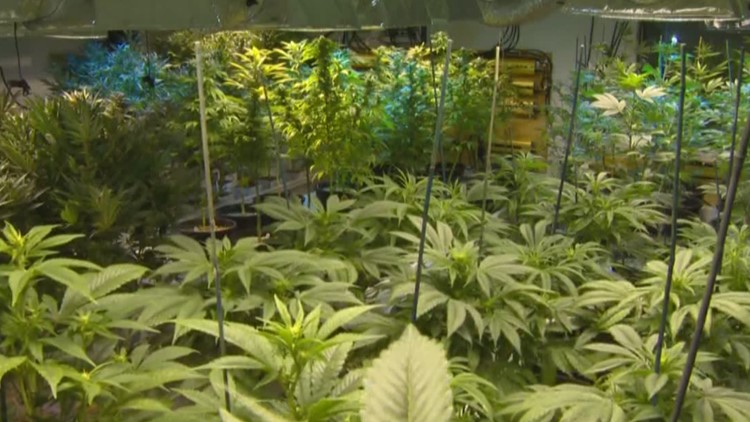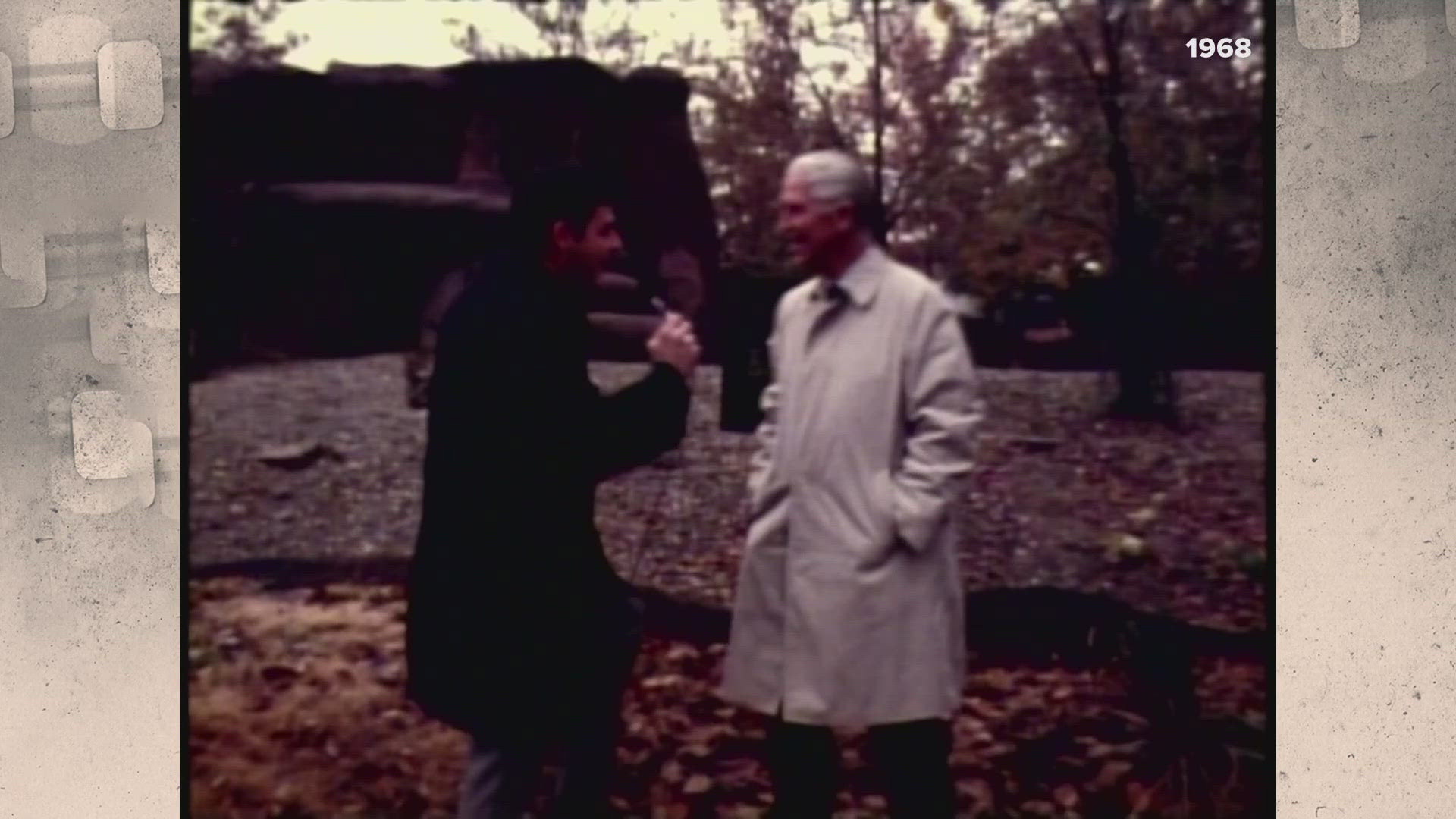ST. LOUIS — ST. LOUIS (AP) — Medical marijuana sales in Missouri won’t likely begin until the second half of 2020, but the state health department has already approved more than 35,000 patients who want to use the drug, far exceeding projections.
Lyndall Fraker, director of medical marijuana for the Missouri Department of Health and Senior Services, said Monday that psychological disorders were the No. 1 reason for patient requests, followed by chronic medical conditions. The 35,532 awarded applicants are far more than projected by researchers with the University of Missouri’s Economic and Policy Analysis Research Center for this early in the process.
Nearly two-thirds of Missouri voters in November 2018 approved medical marijuana. The drug must first be grown at approved sites and tested, so sales aren’t expected to begin until late summer at the earliest.
“We want to make sure that all Missourians feel good about our program, that it’s safe, regulated,” Fraker told several hundred people gathered at a medical marijuana convention in St. Louis.
The health department awarded licenses in December and January — 60 licenses to growers, 86 to manufacturers and 192 for dispensaries. The awards left hundreds of applicants disappointed. The state’s Administrative Hearing Commission said it has received 845 appeals filed by companies that were denied state marijuana licenses.
The intense competition for licenses is understandable since authorities project that Missouri’s marijuana industry will exceed $100 million in sales by 2025. Meanwhile, proponents have launched a petition drive aimed at letting voters decide in November if recreational marijuana should be legalized in the state.
Several hundred people packed St. Louis' Union Station for this week's convention.
Clovr, a Kansas City manufacturing company, was among dozens of businesses with booths at the show. It was also among the license recipients.
CEO Josh Mitchem, 40, said he's eager to see Missourians benefit from medical marijuana as they have in Colorado, where he also had a business.
“It’s exciting because we’ve seen the impact it means for patients,” Mitchem said. “We know the naysayers say it doesn’t cure anything, but it improves patients’ quality of life.”
Specific details about how the program will work are still subject to change by the Missouri Legislature, raising concerns among leaders of the Missouri Medical Cannabis Trade Association. The House has approved requiring an in-person doctor appointment for those seeking a medical marijuana ID card, rather than a consultation via phone or the internet. Another proposal would prohibit marijuana-infused edibles.
Jack Cardetti, spokesman for the trade association, said many doctors recommend edibles. He also was critical of another bill that would allow people to be fired if they simply obtain a medical marijuana card.
“We shouldn't be making patients make a choice between their medicine and their jobs,” Cardetti said.



